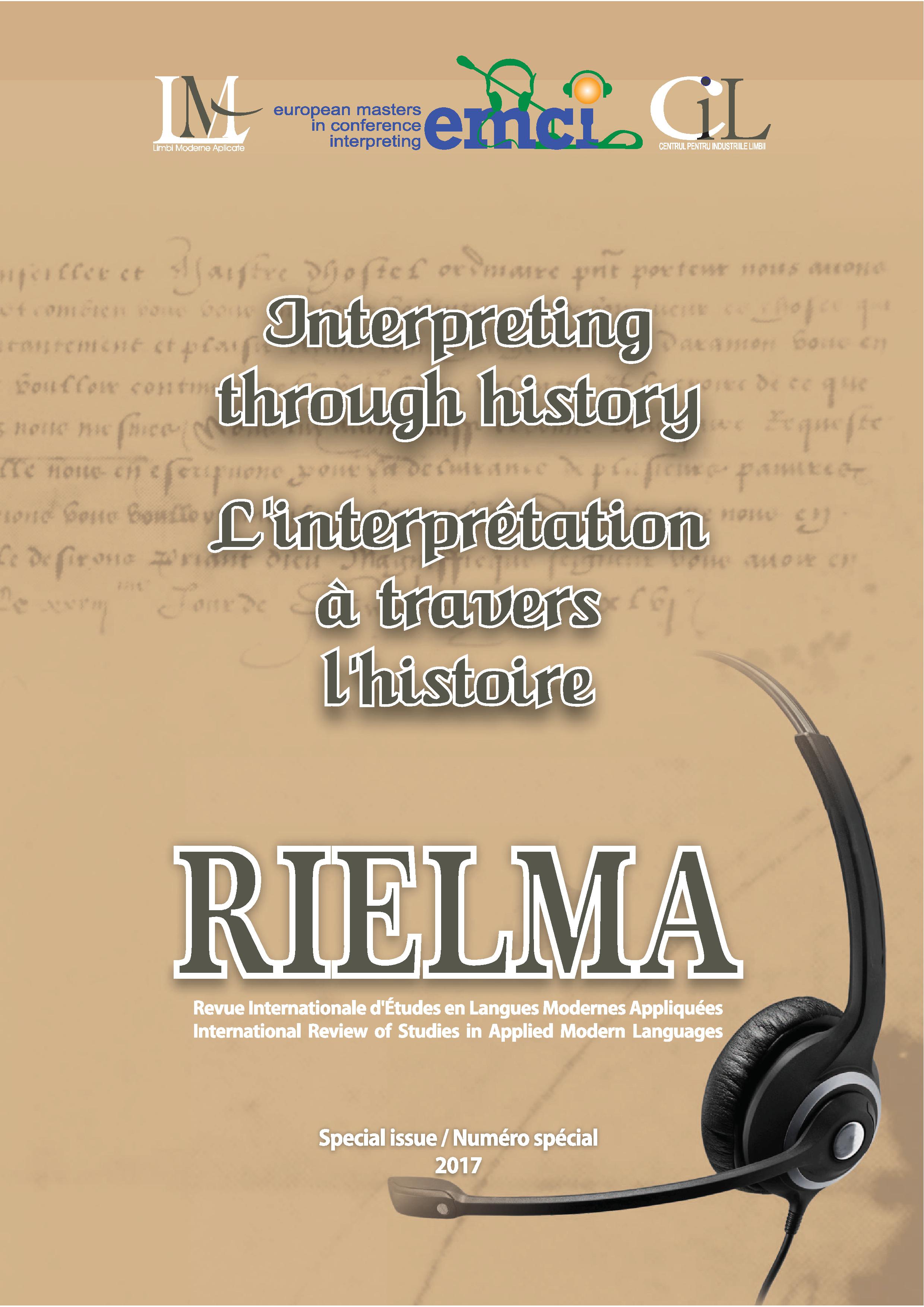Éléments pour une histoire de l’interprétation en Hongrie
Elements for a History of Interpreting in Hungary
Author(s): András FáberSubject(s): Cultural history, Translation Studies
Published by: Risoprint
Keywords: Hungary; interpreters; Hungarian booth; professionalisation;
Summary/Abstract: The article begins with a short presentation of the main difficulties faced on writing a comprehensive history of interpretation in Hungary, paying special attention to the confidential character of the profession and the particular psychological traits (the ego) of the interpreters. After a short historical overview describing the multiethnic and multilingual environment in the country, the author points out that throughout history - from the early Middle Ages to the post-war Treaty of Versailles - Hungarians (both the aristocracy and the general public) have needed to learn and use several European languages, especially those of their neighboring countries and of the major ethnic minorities living in Hungary. The author also gives biographical details of several Hungarian interpreters, providing insight into the career of the interpreter in the 16th to 18th centuries as well as in the 20th century, and concludes that professional interpretation was neither permanently present in the history of the country, nor taught at university level until recently.
Journal: Revue Internationale d'Études en Langues Modernes Appliquées
- Issue Year: 10/2017
- Issue No: Special
- Page Range: 11-26
- Page Count: 16
- Language: French

